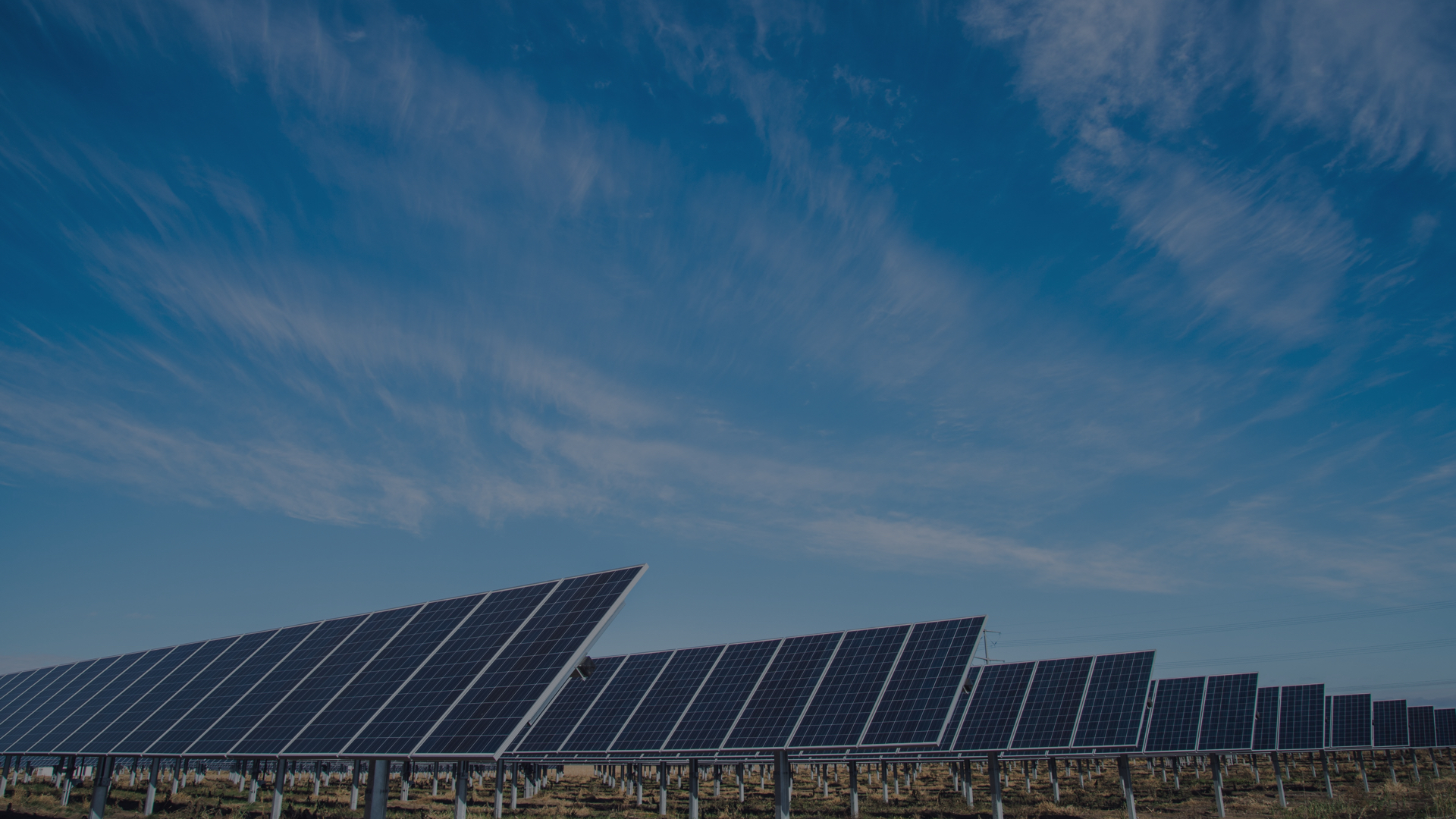The government has unveiled its plans for the next stage of the Renewable Heat Incentive (RHI).
The RHI will work in much the same way as the Feed in Tariff (FiT), with households being given a financial incentive from the government for the energy they produce using renewables.
At the time of the announcement, energy minister Greg Barker, said: "We need to revolutionise the way we heat our homes and businesses and move away from expensive fossil fuels, not only to cut carbon but to help meet our renewables targets and save money on bills."
Long-term support is to be offered to households who install renewable heating kits such as biomass boilers, heat pumps and solar thermal water heating in their homes.
However, unlike the FiT, it is thought that homeowners will be paid a flat rate based on the likely generation of the renewable heating system, measured in kWh (units), rather than being based on a metered system.
The rates, which would be paid over a period of seven years, are 17.3p per unit for solar hot water panels, 12.5-17.3p for ground-source heat pumps, 6.9-11.5p for air-source heat pumps and 5.2-8.7p for biomass boilers.
Before the official launch of the scheme, there are to be two more consultations in order to look at a possible expansion of the scheme for commercial, industrial and community organisations who employ renewable heating.
The announcement has been welcomed by renewables and environmental groups around the country.
Paul Thompson of the Renewable Energy Association, commented: "Renewable heat has been the sleeping giant of UK renewable energy policy. Renewable heat technologies are often very cost-effective, and have a major role to play in reducing our carbon emissions, improving our energy security, and revitalising our economy."
The scheme is due to open to households next summer and is expected to have a widespread and rapid uptake.
It is hoped that the RHI will encourage around 380,000 households to install some form of renewable heating by 2020.
